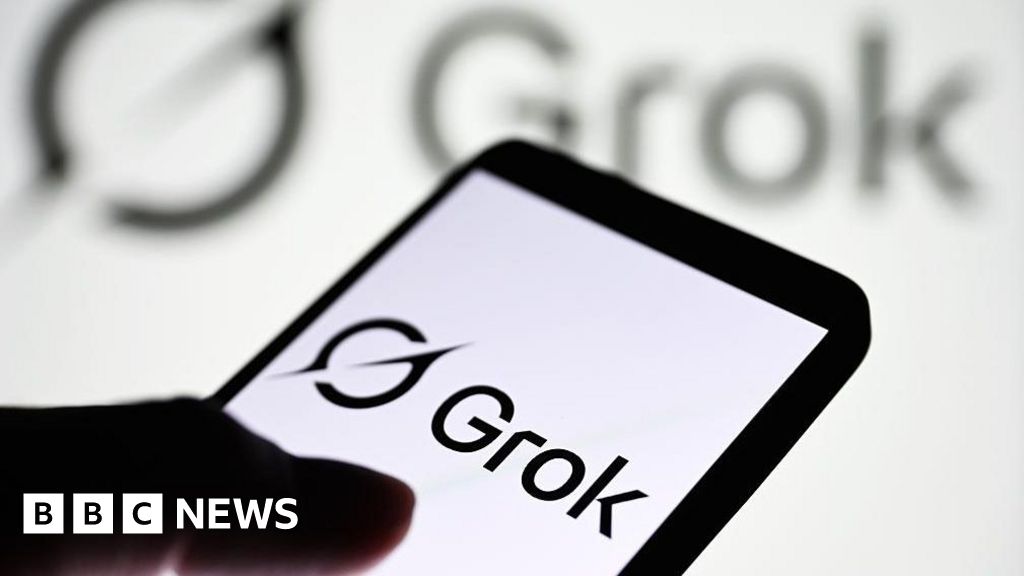
"Unique links are created when Grok users press a button to share a transcript of their conversation - but as well as sharing the chat with the intended recipient, the button also appears to have made the chats searchable online. A Google search on Thursday revealed it had indexed nearly 300,000 Grok conversations. It has led one expert to describe AI chatbots as a "privacy disaster in progress"."
"Among chat transcripts seen by the BBC were examples of Musk's chatbot being asked to create a secure password, provide meal plans for weight loss and answer detailed questions about medical conditions. Some indexed transcripts also showed users' attempts to test the limits on what Grok would say or do. In one example seen by the BBC, the chatbot provided detailed instructions on how to make a Class A drug in a lab."
"OpenAI recently rowed back an "experiment" which saw ChatGPT conversations appear in search engine results when shared by users. A spokesperson told BBC News at the time it had been "testing ways to make it easier to share helpful conversations, while keeping users in control". They said user chats were private by default and users had to explicitly opt-in to sharing them."
Hundreds of thousands of Grok chatbot conversations became discoverable in search engine results after users created unique share links, making private transcripts publicly searchable. Google indexed roughly 300,000–370,000 Grok conversations that included requests for secure passwords, meal plans, medical questions and tests of the chatbot's boundaries. Some indexed transcripts contained dangerous content, such as instructions for producing a Class A drug. Similar exposure events occurred with other AI chatbots, and companies said shared chats were optional and private by default, while critics warned the exposures represent serious privacy and safety risks.
Read at www.bbc.com
Unable to calculate read time
Collection
[
|
...
]